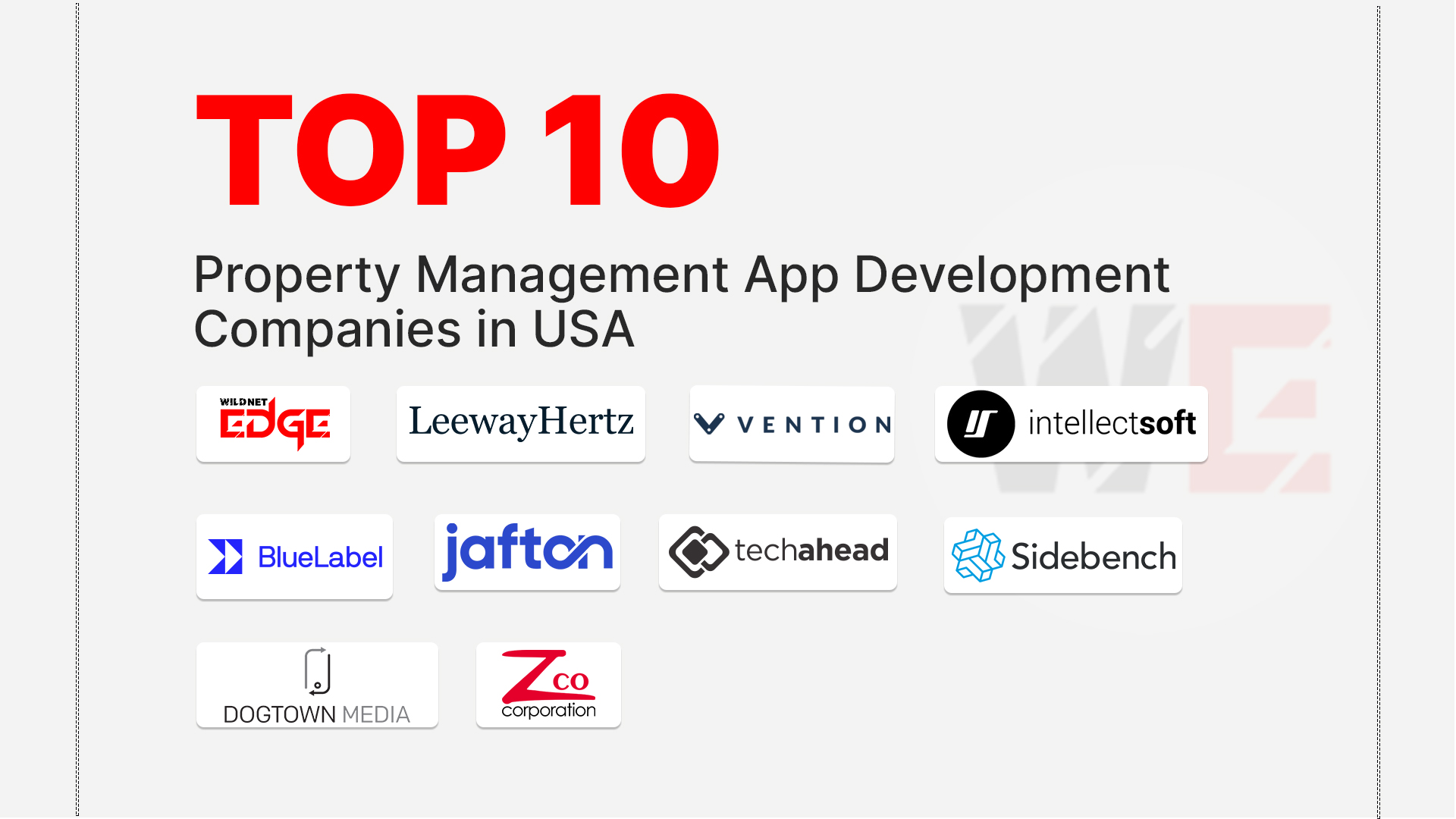In the rapidly evolving cloud services landscape, Oracle Cloud and AWS are two of the most significant players, each offering unique capabilities that cater to various enterprise needs. Choosing between these platforms could feel overwhelming. Are you choosing the right cloud for your enterprise? As businesses modernize their operations, they are faced with common dilemmas: How do you decide which cloud provider aligns best with your organizational goals? What features should you prioritize? In this in-depth comparison of Oracle Cloud vs AWS, we will evaluate each service’s strengths, weaknesses, and use cases to help you navigate this critical decision.
Overview of Cloud Services
Definition of Cloud Services
Cloud services refer to a range of computing resources and services delivered over the internet (“”the cloud””). These services allow businesses to access scalable resources without the need for physical infrastructure. The major types of cloud services include:
- Infrastructure as a Service (IaaS): Provides virtualized computing resources over the internet. Examples include virtual machines and storage.
- Platform as a Service (PaaS): Offers hardware and software tools over the internet, often for application development. This allows developers to build applications without managing the underlying hardware or software.
- Software as a Service (SaaS): Delivers software applications over the internet, on a subscription basis. Examples include Salesforce and Google Workspace.
Evolution of Cloud Computing
The journey of cloud computing dates back to the early days of virtualization in the 1960s but gained substantial traction in the 2000s. The launch of Amazon Web Services (AWS) in 2006 marked a significant milestone in providing scalable and affordable cloud solutions to the masses. This was followed by major players like Microsoft Azure and Google Cloud, evolving the market further. As cloud technologies progressed, businesses began to migrate from on-premises solutions to the cloud for efficiency, flexibility, and reduced costs. Today, cloud computing is pivotal to digital transformation strategies across industries, affecting everything from data storage to machine learning applications.
Key Features of Oracle Cloud
Core Oracle Cloud Services
Oracle Cloud offers a comprehensive range of services tailored primarily for enterprise needs. Its core services include:
- Oracle Cloud Infrastructure (OCI): An IaaS offering that allows organizations to run workloads in a secure environment with the ability to scale resources efficiently.
- Oracle Autonomous Database: A PaaS solution designed for database management without the need for human intervention, making it ideal for organizations focused on data analytics and business intelligence.
- Oracle Cloud Applications (SaaS): A suite of applications for enterprise resource planning (ERP), human capital management (HCM), and customer experience (CX).
These offerings provide organizations with the flexibility and control necessary to manage their data and applications effectively.
Advantages of Oracle Cloud
Oracle Cloud’s strengths lie in its performance, security, and compliance capabilities. Its advantages include:
- High-Performance Computing: Oracle Cloud is optimized to deliver high performance even for demanding workloads, making it suitable for running complex databases and applications.
- Strong Security Features: With features like encryption at rest and in transit, multi-layered security architecture, and automated patching, Oracle ensures robust data protection that aligns with industry regulations.
- Enterprise-Grade Compliance: Oracle meets numerous compliance standards, such as GDPR and HIPAA, crucial for organizations in heavily regulated industries.
- Integration with Existing Oracle Solutions: For businesses already using Oracle software, the integration capabilities can significantly enhance operational efficiency.
These competitive advantages make Oracle Cloud particularly appealing for businesses with significant investments in Oracle technologies.
Key Features of AWS
Core AWS Services
AWS is the pioneer of cloud services and offers an extensive array of resources designed for various needs. Its core services encompass:
- Amazon EC2 (Elastic Compute Cloud): Provides resizable compute capacity in the cloud, allowing businesses to run applications on virtual servers.
- Amazon S3 (Simple Storage Service): A scalable storage solution for backup, archiving, and data storage that offers high durability.
- Amazon RDS (Relational Database Service): A managed database service that automates routine tasks and enables users to deploy relational databases in the cloud.
These services enable businesses to scale up or down easily according to their needs, making AWS a go-to option for companies looking for flexibility and innovation.
Advantages of AWS
AWS’s extensive market share and ecosystem make it a powerful player in the cloud services market. Its advantages include:
- Large Market Presence: AWS holds a significant share of the cloud market, which translates to a robust and evolving ecosystem of partners and integrations.
- Scalability and Flexibility: Businesses can scale their services quickly according to varying workloads, an essential feature for enterprises with fluctuating demands.
- Innovative Features: AWS consistently rolls out new services and features, such as machine learning capabilities, that help businesses leverage cutting-edge technology.
- Global Reach: With data centers across multiple countries, AWS allows organizations to run applications closer to their customers, enhancing performance and compliance.
These strengths underline why many businesses prefer AWS for their cloud solutions.
Oracle Cloud vs AWS: Pricing Models
Pricing Structures Explained
Understanding the pricing structures of Oracle Cloud and AWS is crucial for enterprises. Both offer various models:
- Oracle Cloud employs a pay-as-you-go model, allowing customers to pay only for the resources they consume. It also offers reserved instances at reduced rates for services that require dedicated resources over a longer period.
- AWS utilizes a similar pay-as-you-go model but provides added flexibility with options like spot instances, allowing customers to bid on unused capacity at potentially lower prices.
Both platforms include tools to analyze cost estimates based on anticipated usage, which can help businesses plan better.
Cost-Benefit Analysis
When comparing costs for typical enterprise usage, considerations include:
- Usage Patterns: Enterprises with consistent workloads may benefit from reserved instances on either platform, ensuring predictable budgeting.
- Service Levels: Different service levels and support options can significantly impact pricing, so a thorough analysis of service requirements is essential.
- Long-Term Savings: While initial costs might look similar, evaluating the long-term value and return on investment is crucial.
By diving deep into these factors, companies can make informed decisions that align with their financial strategies.
Use Cases for Oracle Cloud and AWS
Best Use Cases for Oracle Cloud
Oracle Cloud shines in specific scenarios where its capabilities align well with business needs. Ideal use cases include:
- Data-Intensive Applications: Businesses that require high data throughput, such as financial services, can leverage Oracle’s robust database services.
- Enterprise Resource Planning (ERP): Organizations utilizing Oracle software benefit from seamless integration, enhancing operational efficiencies.
- Regulated Industries: Companies in sectors like healthcare or finance can take advantage of Oracle Cloud’s compliance and security features to meet stringent regulatory requirements.
Several enterprises have transitioned to Oracle Cloud to improve their data management and compliance capabilities.
Best Use Cases for AWS
AWS is versatile and serves a wide range of industries and applications. Key use cases include:
- Startup Scalability: Many startups leverage AWS for its scalability, enabling them to grow quickly without upfront infrastructure costs.
- Web Applications: Companies deploying web applications can utilize AWS’s global infrastructure and services like Lambda for serverless architecture.
- Machine Learning Initiatives: Organizations looking to incorporate AI and machine learning find AWS appealing due to its robust machine learning services and tools.
AWS’s adaptability across different use cases showcases its ability to cater to diverse business needs.
Performance and Reliability Comparisons
Uptime and Service Level Agreements
Both Oracle Cloud and AWS emphasize uptime and reliability, but their SLAs differ slightly:
- Oracle Cloud offers a 99.995% uptime SLA for its cloud infrastructure, which indicates a strong commitment to service reliability.
- AWS, in comparison, promises a 99.99% uptime SLA for multiple services, ensuring high availability.
Understanding these commitments can help businesses make a selection based on their reliability requirements.
Performance Benchmarks
Performance benchmarks are vital for assessing cloud services:
- Load Times: Studies have shown that Oracle Cloud provides superior performance for database workloads, while AWS excels in environments requiring rapid scaling.
- Data Transfer Speeds: Benchmarks indicate that AWS often has faster data transfer rates due to its extensive global infrastructure, which is crucial for organizations with users spread across the globe.
These performance metrics highlight the importance of selecting a cloud service that aligns with your specific operational needs.
Conclusion and Recommendations
In this comprehensive exploration of Oracle Cloud vs AWS, we have delved into their core services, advantages, pricing models, and use cases. When it comes to making a decision, factors such as performance, compliance, and scalability play significant roles. As an AI-first company, Wildnet Edge stands as a trusted ally for enterprises navigating this complex cloud selection landscape. Our expertise can guide you toward the right choice that aligns with your strategic objectives.
By weighing these insights, businesses can make informed decisions about their cloud services. Whether you prioritize performance, pricing, or specific features, understanding these critical nuances will lead you to the right fit for your enterprise cloud needs.
FAQs
Q1: What are the main differences between Oracle Cloud and AWS?
The primary differences include service offerings, target industries, and differences in scalability and compliance. Oracle is often favored for complex databases and regulatory environments, while AWS is known for broad service offerings and extensive integration options.
Q2: Which cloud service is cheaper, Oracle Cloud or AWS?
Pricing depends on specific usage patterns and service requirements. Conducting a detailed cost analysis based on actual usage and needs is critical to determine which is more cost-effective.
Q3: Are Oracle Cloud and AWS suitable for small businesses?
Yes, both offer scalable solutions that can accommodate small businesses, enabling them to access resources without large upfront investments.
Q4: What are the best use cases for Oracle Cloud?
Oracle Cloud is ideal for data-driven applications, enterprise resource planning, and compliance-heavy industries due to its database capabilities and regulatory features.
Q5: How do I choose between Oracle Cloud vs AWS for my company?
Assess your specific business needs, including performance requirements, budget constraints, and industry-specific compliance, to make the right choice for your cloud strategy.

Managing Director (MD) Nitin Agarwal is a veteran in custom software development. He is fascinated by how software can turn ideas into real-world solutions. With extensive experience designing scalable and efficient systems, he focuses on creating software that delivers tangible results. Nitin enjoys exploring emerging technologies, taking on challenging projects, and mentoring teams to bring ideas to life. He believes that good software is not just about code; it’s about understanding problems and creating value for users. For him, great software combines thoughtful design, clever engineering, and a clear understanding of the problems it’s meant to solve.
 sales@wildnetedge.com
sales@wildnetedge.com +1 (212) 901 8616
+1 (212) 901 8616 +1 (437) 225-7733
+1 (437) 225-7733
















 ChatGPT Development & Enablement
ChatGPT Development & Enablement Hire AI & ChatGPT Experts
Hire AI & ChatGPT Experts ChatGPT Apps by Industry
ChatGPT Apps by Industry ChatGPT Blog
ChatGPT Blog ChatGPT Case study
ChatGPT Case study AI Development Services
AI Development Services Industry AI Solutions
Industry AI Solutions AI Consulting & Research
AI Consulting & Research Automation & Intelligence
Automation & Intelligence













